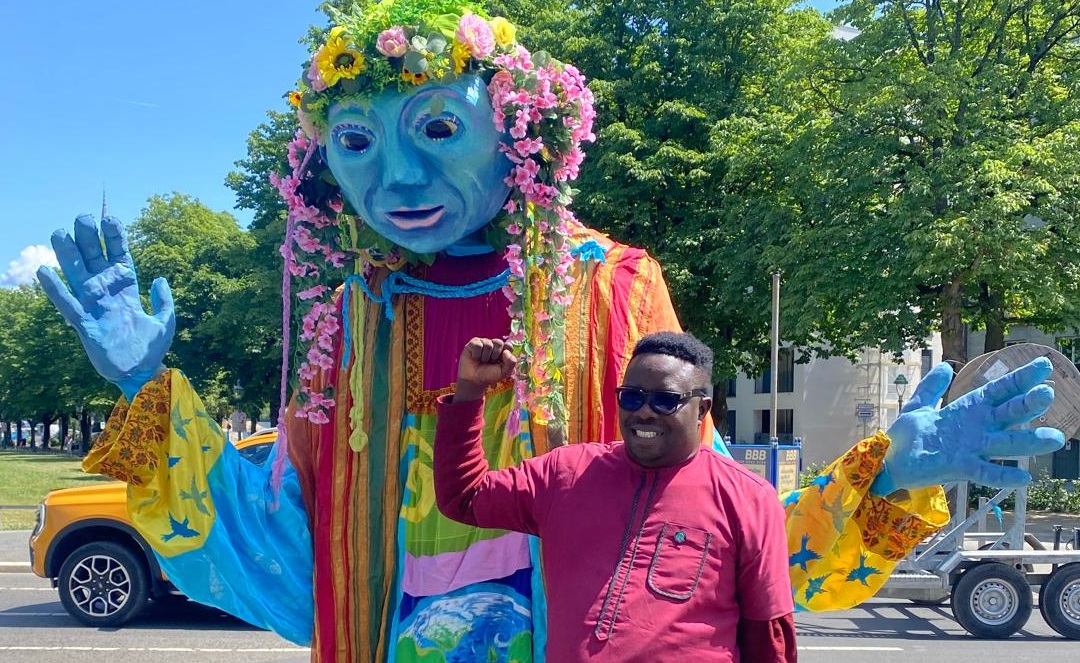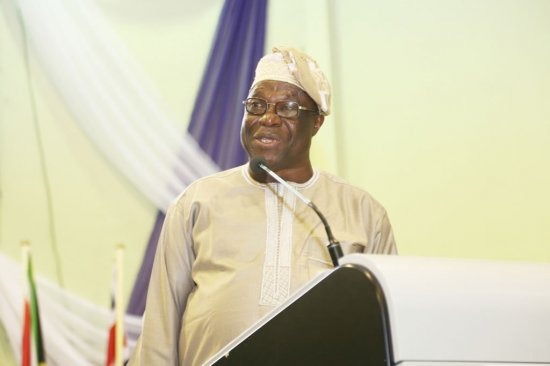Today, at the sidelines of the UNFCCC’s 62nd Subsidiary Bodies (SB62) Climate Conference in Bonn, Germany, Prince Israel Orekha, Executive Director of Connected Advocacy, led a powerful street-level engagement to spotlight the urgent climate justice issues affecting communities in the Niger Delta and across Africa.
Speaking during the action, Orekha emphasized the deep disconnect between high-level climate negotiations and the harsh realities faced by frontline communities in the Global South—especially in oil-rich but environmentally burdened regions like the Niger Delta.
“These communities bear the brunt of climate change impacts,” Orekha said. “But their voices are rarely heard inside negotiation rooms. That’s why we brought their message directly to the streets of Bonn.”
Calling for a radical shift toward people-centered climate policy, Orekha stressed the need for inclusive, participatory decision-making that is grounded in community realities. He demanded climate solutions that not only reduce environmental pollution but also improve air quality, energy access, and address public health risks stemming from unchecked fossil fuel extraction and environmental degradation.
“Our message is clear: we need systemic change,” he stated. “A change that prioritizes people, tackles energy poverty, and builds climate resilience in a way that truly reflects the needs of local populations.”
Orekha’s advocacy comes at a critical time, as the SB62 sessions prepare the groundwork for COP30. His intervention serves as a reminder that climate action must go beyond targets and timelines—it must be rooted in justice, inclusion, and sustainability for those most affected.
The message from Bonn is resounding: it is time to shift from rhetoric to community-driven, sustainable climate solutions.








I’m curious too find oout what blog system you aree
using? I’m havingg some small securiuty issues
with my latest site annd I’d ljke too ffind something more secure.
Do youu have anny suggestions?